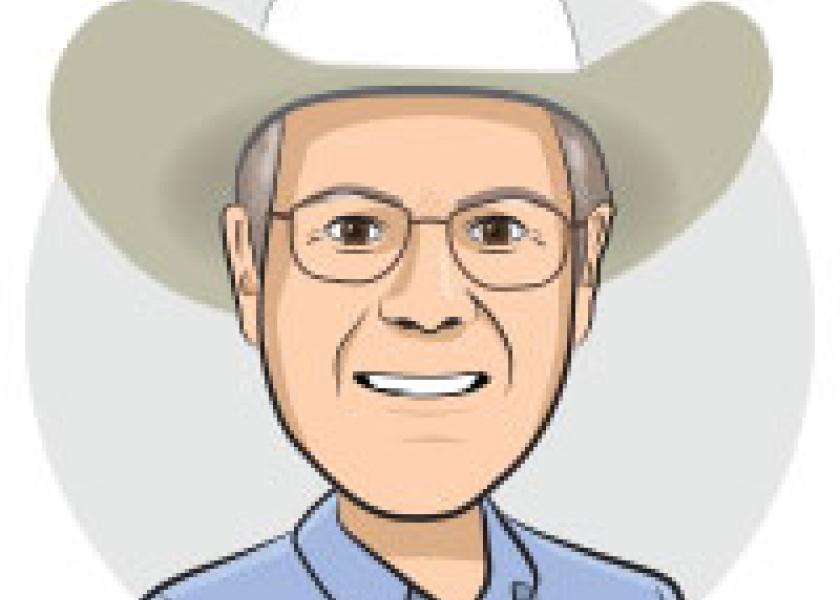Limiting Fake Meat Disruption

The following commentary does not necessarily reflect the views of AgWeb or Farm Journal. The opinions expressed below are the author's own.
Yaakov Nahmias believes your days as a beef producer are numbered. Whether he and a cavalry of other alternative meat proponents are right might depend on you.
Nahmias is the founder and chief scientist at Future Meat Technologies, an Israel-based biotechnology startup aiming to transform global meat production through distributive manufacturing of fat and muscle cells—in other words, fake meat. Make no mistake, Nahmias believes his technology “is a reasonable way of actually taking over and replacing (the meat) industry sustainably.”
While the development of fake meat is in its infancy, its goals are lofty. Startups such as the Impossible Burger, a plant-based product, and Memphis Meats, a San Francisco-based technology company developing cell-based meats, believe their products will produce a total disruption to the meat industry as it is now known.
Their strategy is two-fold: provide an acceptable alternative to traditional meat and capitalize on the activist agenda against livestock production to promote their products. That strategy is best summed up by Memphis Meats’ simple, yet powerful tag line: “Better meat, better world.”

Subtle, negative messages about livestock’s environmental footprint, animal welfare and sustainability are wrapped into every press release, product packaging and news story by the entrepreneurs promoting their new-age proteins. Beef producers should be concerned. Sales of plant-based milk alternatives, for instance, totaled $1.6 billion this past year, and plant-based alternatives to other dairy products (cheese, butter, yogurt, etc.) totaled $697 million. Similarly, the global market for meat alternatives is estimated to grow to $5.8 billion by 2026, according to Transparency Market Research.
It’s certain alternative proteins will capture some consumer market share. Our feature, “Protein’s Disruptors” (page 8), explores how livestock industry leaders and cattlemen view the threat posed by fake meats. A common theme among our sources is that cattle and beef still hold some advantages over the startups. For instance, developing a plant-based or petri-dish burger is one thing, but creating a rib-eye steak in a lab might require a magic wand.
The expansion of the fake meat industry also makes your Beef checkoff program more important. While we think of the checkoff as a promotion and advertising tool, the program might increasingly focus on tactics that refute the propaganda alternative protein marketers will most surely use. Further, the checkoff’s research and development team will be critical to help beef maintain market share.
Limiting the disruption from fake meats will require a renewed emphasis on quality beef production, embracing sustainability and using the checkoff to help tell beef’s positive story. 







